-
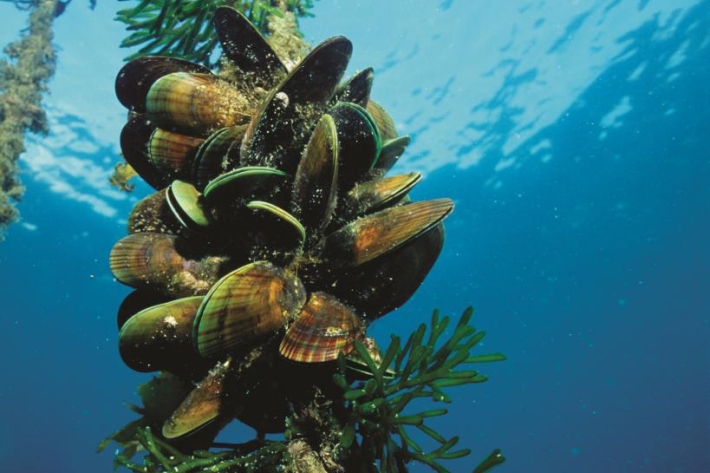
CARIM (Coastal Acidification: Rate, Impacts & Management)
Research ProjectA NIWA-led project to tackle coastal acidification in New Zealand. -
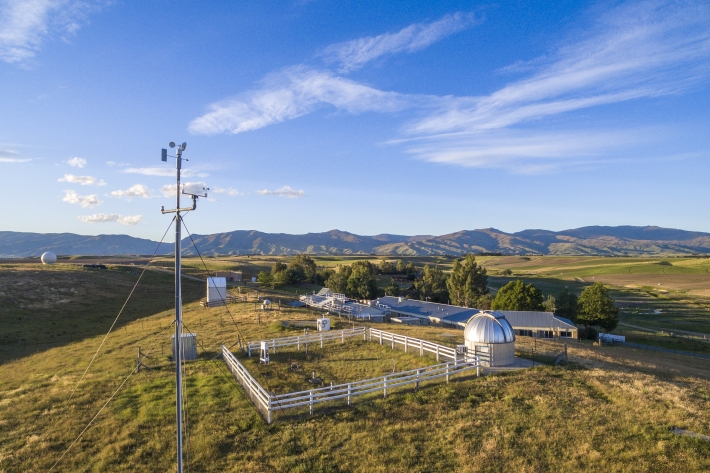
New step for Kiwi-German scientific relations
News article02 March 2016A long-standing international scientific partnership is being celebrated in Central Otago today. -

When the river meets the sea, scientists will be watching
News article02 March 2016Scientists are taking some high-tech equipment to Fiordland next week to find out more about what happens when a river meets the ocean. -
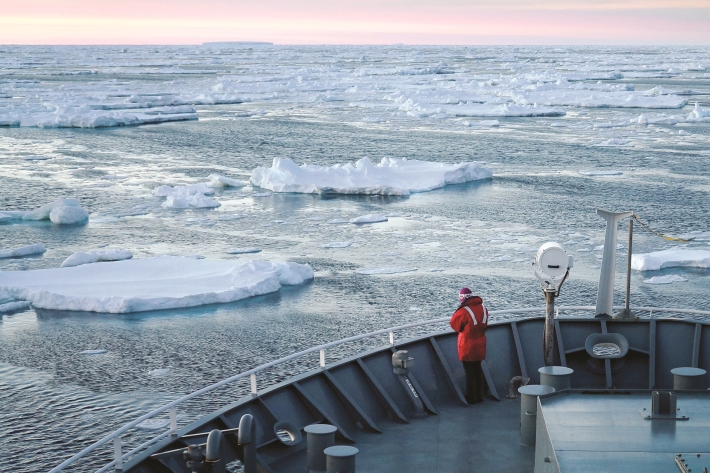
Tapping into nature’s archive of change
Feature story29 February 2016NIWA scientists are tapping into nature’s archives to understand our abrupt climate changes. -

NIWA's Hotspot Watch
Hotspot26 February 2016On the North Island, soil moisture levels have generally remained the same or increased when compared to this time last week. -
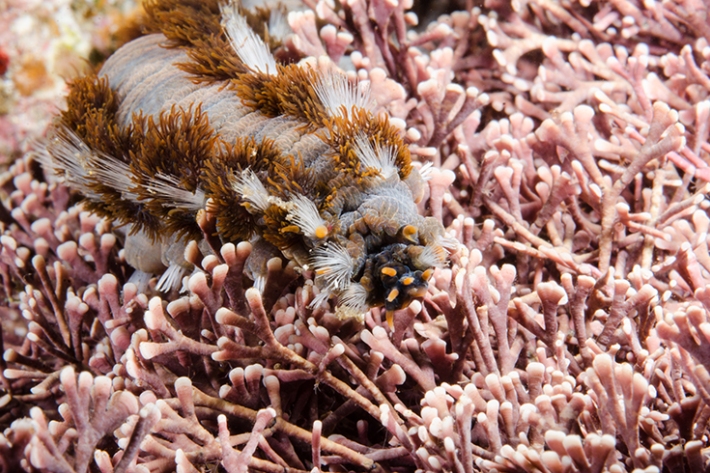
Critter of the Week: Amphinome rostrata - marine bristle worm
Amphinome rostrata (Pallas, 1766), in the polychaete family Amphinomidae, can be found living amongst goose barnacles (species of Lepas) on drift objects in tropical oceans worldwide. -

Scientists get boost to combat invasive marine pests
News article25 February 2016Work to protect New Zealand waters from an increasing number of invasive biological pests has received a funding boost to fight their spread. -
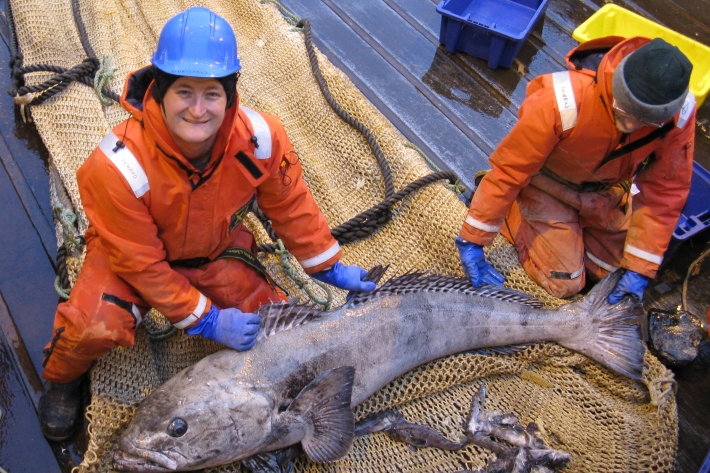
Ross Sea fish surveys
Research ProjectWe don’t clearly understand the ecological effects of commerical toothfish fishing in the Ross Sea region. To improve our knowledge, we conducted a survey of demersal (bottom-dwelling) fish species on the Ross Sea slope - particularly grenadiers and icefish - during the 2015 Antarctic Ecosystems Voyage. -

Tropical Cyclone Winston Update #3
News article24 February 2016Tropical Cyclone Winston is showing some signs of weakening as of this morning, now located about 600km southeast of Vanuatu’s southernmost islands. -
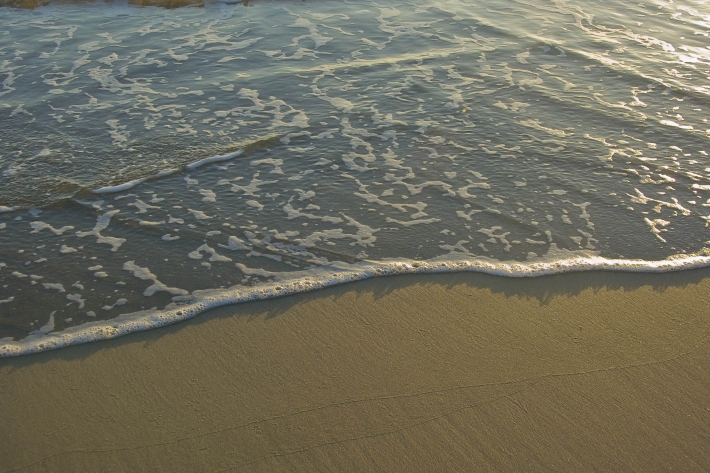
Mapping the ecosystem service potential of our coasts
Research ProjectEstuaries and coasts provide a wide range of benefits to New Zealanders – “ecosystem services”. However, we still don’t know enough about these ecosystem services – a challenge NIWA and other scientists are tackling with a new technique. -
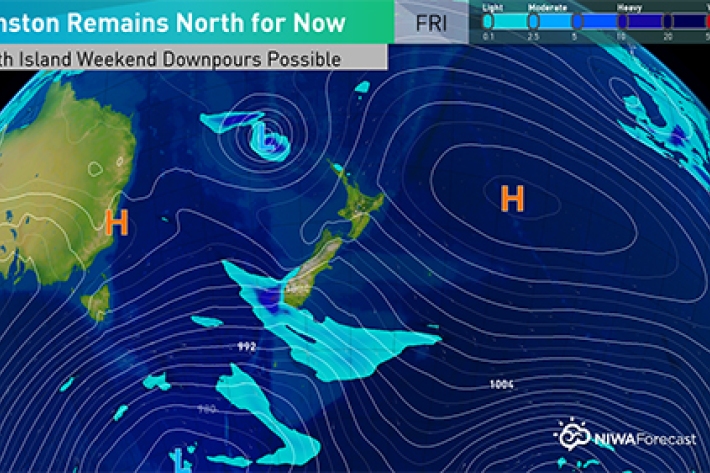
Tropical Cyclone Winston Update #2
News article23 February 2016NIWA meteorologists continue to monitor the progression of Tropical Cyclone Winston. -

NIWA's Hotspot Watch
Hotspot19 February 2016Changes in soil moisture levels across the North Island vary when compared to this time last week, with a mixture of both increased and decreased moisture.
